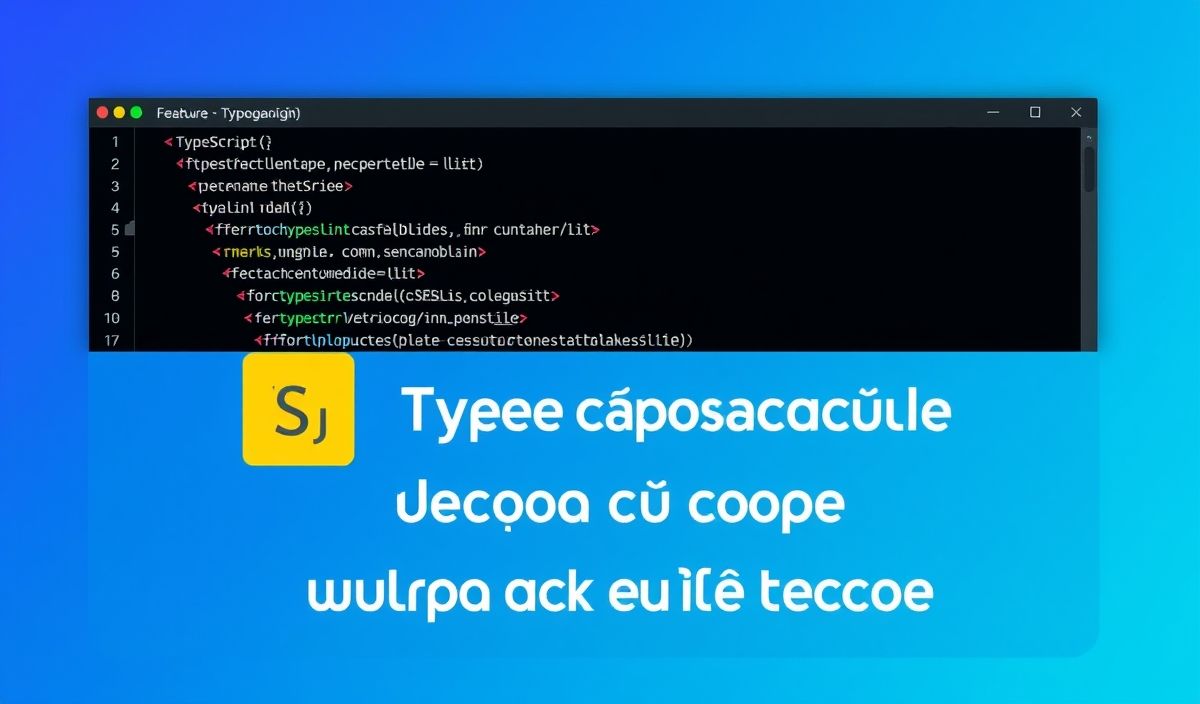Introduction to Memory Cache
Memory caching is a crucial technique in application development that helps improve performance by storing frequently accessed data in memory. This reduces the need to query slower data storage layers repeatedly, thus speeding up data retrieval. This blog post covers various APIs provided for memory caching along with code snippets and a comprehensive application example.
Basic Memory Cache Operations
Setting a Cache Value
Store a value in the cache with the following function.
def set_cache(key, value):
cache[key] = value
Getting a Cache Value
Retrieve a value from the cache:
def get_cache(key):
return cache.get(key)
Deleting a Cache Value
Remove a value from the cache:
def delete_cache(key):
if key in cache:
del cache[key]
Checking if Cache Contains a Key
Check for the presence of a key in the cache:
def contains_cache(key):
return key in cache
Advanced Memory Cache Operations
Using Expiration Time
Implement an expiration mechanism:
import time
def set_cache_with_expiry(key, value, ttl):
cache[key] = (value, time.time() + ttl)
def get_cache_with_expiry(key):
value, expiry = cache.get(key, (None, 0))
if time.time() < expiry:
return value
else:
cache.pop(key, None)
return None
LRU (Least Recently Used) Cache
Implement LRU caching:
from collections import OrderedDict
class LRUCache:
def __init__(self, capacity):
self.cache = OrderedDict()
self.capacity = capacity
def get(self, key):
if key not in self.cache:
return -1
else:
self.cache.move_to_end(key)
return self.cache[key]
def put(self, key, value):
if key in self.cache:
self.cache.move_to_end(key)
self.cache[key] = value
if len(self.cache) > self.capacity:
self.cache.popitem(last=False)
Application Example Using Memory Cache
Below is an example application that employs memory caching techniques mentioned above.
class Application:
def __init__(self):
self.cache = LRUCache(5)
def calculate_expensive_operation(self, num):
if self.cache.get(num) == -1:
result = num * num # Placeholder for expensive calculation
self.cache.put(num, result)
return self.cache.get(num)
app = Application()
for i in range(10):
print(f"Square of {i}: {app.calculate_expensive_operation(i)}")
By leveraging these memory caching techniques, applications can achieve significant performance improvements and ensure faster data retrieval.
Hash: bd59cf0e7ea5faaff5bc8129d8053d11eac685d7670953c0c2b80479c7a39506




